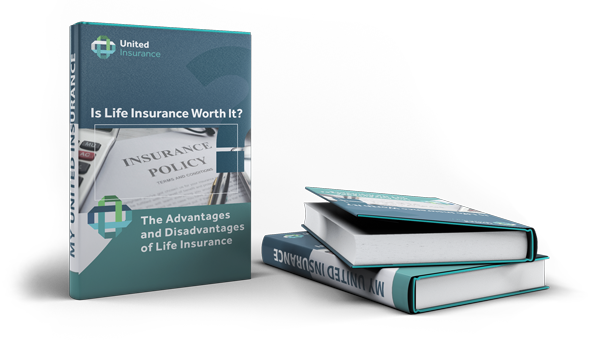
If you’re looking for a life insurance policy that offers permanent coverage, you may want to consider universal life insurance. This type of policy provides lifelong protection, and it also allows you to build cash value over time. In this blog post, we will discuss what universal life insurance is and how it works. We will also explore the benefits of this type of policy and answer some common questions about this insurance.
What is Universal Life?
This insurance is a type of permanent life insurance. That means it provides coverage for your entire life, as long as you continue to pay the premiums. Universal life also has a cash value component, which means that part of your premium goes into an account that builds cash value over time. You can use this cash value to help pay your premiums or for other purposes, such as funding retirement.

How Does It Work?
Universal life insurance is a flexible policy that allows you to adjust your premium payments and death benefit. You can make changes to your policy as your needs change over time. For example, you may decide to increase your coverage if you have a family or reduce your coverage if you become empty nesters.
The cash value account is another flexible feature of universal life insurance. You can choose how your money is invested, and you can take withdrawals or loans from the account if you need to. The cash value grows tax-deferred, which means you won’t have to pay taxes on the growth until you withdraw the money.
What are the Benefits of Universal Life?
There are many benefits to this insurance, including the following:
- Permanent coverage: This insurance provides lifelong protection for your loved ones.
- Flexibility: You can adjust your premium payments and death benefit as your needs change over time.
- Cash value: These policies have a cash value account that grows over time. You can use this money for various purposes, such as funding retirement.
- Tax-deferred growth: The cash value of your policy grows tax-deferred, which means you won’t have to pay taxes on the growth until you withdraw the money.
Some Disadvantages
Like all insurance policies, universal life has some drawbacks. These include the following:
- Premiums can increase: The premiums for these policies can increase over time, which may make it difficult to keep up with payments.
- Cash value can fluctuate: The cash value of your policy will fluctuate based on the performance of the investments. This means that you could lose money if the markets decline.
- Death benefit can decrease: If you take withdrawals or loans from your policy, the death benefit will decrease.
What Are The Different Types of Universal Life Insurance?
There are two main types of universal life insurance: whole life and term. Whole life insurance provides lifelong protection and builds cash value over time. Term life insurance, on the other hand, only provides coverage for a specific period. It does not build cash value.
These policies can also be variable or fixed. Variable universal life policies allow you to invest your cash value in different investment options. This type of policy has more risk, but it also has the potential for greater rewards. Fixed universal life policies, on the other hand, have a fixed interest rate and provide guaranteed cash value growth.
How Much Do You Have to Invest?
The amount you have to invest in a these policies depends on the type of policy you choose. Whole life insurance requires a higher premium than term life insurance, but it also has a higher death benefit and cash value. Variable universal life policies also require a higher premium than fixed universal life policies.

How Much Does Universal Life Insurance Cost?
The cost of universal life insurance depends on several factors, including your age, health, and the death benefit amount. These policies are more expensive than term life insurance policies, but they also provide lifelong protection and build cash value over time.
The Bottom Line
If you think that universal life might be a fit for you or a family member. Give us a call and we can discuss your options.
